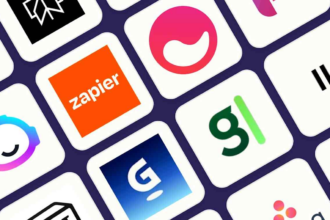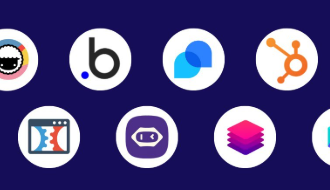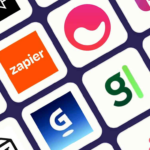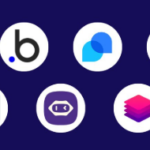In this article, I will discuss the AI Firm Perplexity Offers to Acquire Google’s Chrome Browser a development that may fundamentally change the future of web browsing.
Perplexity AI, a company recognized for its conversational search technology, aims to synergize AI with Chrome’s extensive user interface. This development brings to the fore concerns regarding competition, innovations, and the future of technology.
What is Perplexity AI ?
Perplexity AI is a newly established an AI-research and technology company based in the US, founded in 2022, and is fully focused on its proprietary AI conversational and search systems. Unlike traditional search engines, Perplexity AI avails real-time contextual information and provides specific and accurate answers, thus optimizing the search process.
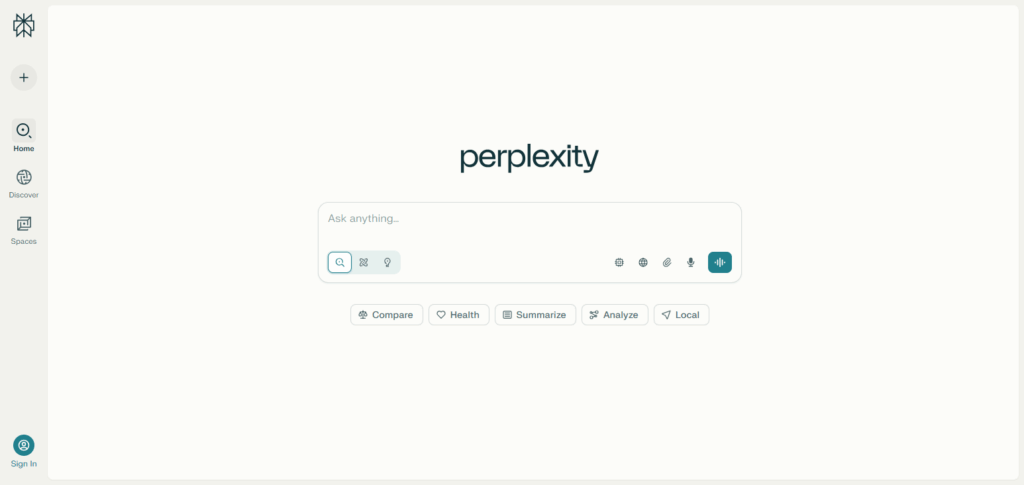
Incredibly sleek design, seamless real-time web integration and Perplexity AI’s ability to answer, instead of link, has made it practically a household name in no time. Perplexity AI self-identifies as an Internet and AI technology innovation integration company.
AI Firm Perplexity Offers to Acquire Google’s Chrome Browser

Perplexity AI’s Bold Move – Reports have surfaced that the AI-driven search firm Perplexity AI has offered to acquire Google’s Chrome Browser, which marks a clear intent to enter mainstream browsing.
About Perplexity AI – Perplexity is known for its AI-powered search tools that offer responses in a direct and conversational manner rather than in the form of search results.
Google Chrome’s Dominance – Chrome remains the most widely used browser worldwide, with a user base in the billions as well as deep integration within the Google ecosystem.
Strategic Reasons – Through the acquisition, Perplexity seeks to integrate its conversational AI with Chrome in order to provide a smarter and more personalized browsing.
Industry Impact – Such a deal could provide a viable counter to Google’s dominance, disrupt the conventional order of search, and advance the integration of AI in browsing.
Regulatory Concerns – Any acquisition would face antitrust scrutiny regarding competition, data privacy, and user trust.
Market Reactions – Rival analysts have deemed the proposal as radical and groundbreaking, while Microsoft and OpenAI may feel the competitive pressure.
Why does Perplexity want to acquire Google Chrome?
Perplexity aims to purchase Google Chrome to further its goal of building an AI-first web browser. Merging its conversational AI with the world’s most popular browser would allow Perplexity to reimagine searching from stacks of hyperlinks to seamless, real-time, contextually aware responses.
Perplexity would attain instant scale from Chrome’s enormous user base, expediting adoption of its AI-driven search paradigm. Moreover, having Chrome would provide strategic advantages of user engagement and browsing data, which would enhance the customization, competitiveness, and Google-challenging capabilities of its AI-additional features.
Overview of Google Chrome
Google Chrome is the leading web browser since 2008, accounting for more than 60% share of the market. Chrome’s integration with Google’s ecosystem, including Search, Gmail, and YouTube, along with the browser’s speed and simplicity contributed towards Chrome’s notoriety.
Hence, making it the default web browser for billions of users. Its use and compatibility on Windows, Mac, android, and ios devices make it an easy choice. In addition to that, productivity and customization can be enhanced with the use of an array of extensions on the Chrome Web Store.
Aside from today’s browsing, Chrome acts as the workspace for the user’s Google advertising and data ecosystem which increases it’s usefulness for Google’s advertisement and data business.
Strategic Reasons for the Move
Perplexity AI’s considerations regarding the acquisition of Google’s Chrome browser center on the growing need for AI tools in the modern digital landscape. The incorporation of Chrome’s large user ecosystem into Perplexity’s AI-based search tools would enhance web interaction. Rather than people Web links, People would get answers in a conversational context.
The integration would also allow the company to rival Google search, providing an advanced browsing experience. Furthermore, it would give Perplexity valuable user engagement data to further personalize automated services. Additionally, this would allow for more integration of AI algorithms into conventional web browsing, positioning Perplexity as an aggressive competitor to legacy technology companies.
Challenges and Concerns
Below are the Challenges and Concerns Perplexity is facing if it were to acquire Google’s Chrome browser:
Regulatory and Antitrust Scrutiny – This deal would invite both global scrutiny and regulatory challenges, with antitrust bodies evaluating monopolistic competition and market surveillance.
Integration Difficulties – The potential integration of Perplexity’s AI-powered search into Chrome’s systems poses myriad risks, including more technical challenges, system performance, and disruption of a seamless user experience.
User Privacy Concerns – The potential for massive user browsing data monetization would pose challenges around security, privacy protection, and data governance frameworks.
Brand and Trust Issues – The brand association issues here can have drastic impacts; many users recognize Google with Chrome, and thus the Perplexity ownership shift would impact trust and user acceptance.
Financial Scale of Acquisition – Given Chrome’s immense market value, the acquisition poses immense financial challenges, casting doubts on Perplexity’s market and financial resources, as well as on its prospects for long-term sustainability.
Industry and Market Reactions
Below are the Industry and Market Responses To Perplexity Offering To Acquire Google’s Chrome Browser, shed in points:
Analyst Skepticism – Analysts doubt the potential for this deal to go through due to Chrome’s substantial strategic importance to Google and the most probable scenario would be for it not to be sold at all.
Curiosity From the Tech Sector – The proposal has spurred discussions on whether AI will fundamentally change the role of browsers, and some people are considering it to be a glimpse of the future.
Reaction of Competitors – Competitors like Microsoft with its Edge and Copilot products, as well as OpenAI, may feel compelled to further enhance AI in order to stay competitive.
Interest From Investors – Speculation on how Perplexity would finance the acquisition and its subsequent growth potential draws attention from investors.
Responses From the User Community – While some users find the possibility of an AI-infused Chrome appealing, many are concerned about privacy, reliability, and Google’s ecosystem lock-in.
Future Scenarios
Should Perplexity succeed in acquiring Google’s Chrome browser, web navigation may transition toward an AI-centered interface characterized by conversation-driven and tailored browsing interactions. This move would propel AI integration into mainstream technology, compelling competitors such as Microsoft and Apple to upgrade their browsers.
On the other hand, if the deal falls through, Perplexity may choose to focus on developing an AI-powered browser or pursue various partnerships. Either scenario highlights the impact of AI in transforming the processes of searching, browsing, and experiencing the digital world.
Conclusion
To conclude, Perplexity AI’s proposal to buy Google’s Chrome browser illustrates the continuing convergence of AI technologies with web browsing. While such a deal is almost impossible from a regulatory, financial, or strategic point of view, it demonstrates the lengths to which AI firms will go to redefine the paradigm of internet and search usage.
No matter if it comes to fruition or not, it highlights a reality where web browsing has the potential to be more dialog-based, tailored to individual preferences, and fundamentally restructured by AI technologies with integrated conversational interfaces, fundamentally transforming the interaction of billions of users with the internet.
FAQ
Is Google likely to sell Chrome?
It is highly unlikely. Chrome is central to Google’s ecosystem, advertising revenue, and market dominance, making the sale improbable.
What challenges would such an acquisition face?
The deal would encounter regulatory scrutiny, antitrust concerns, financial hurdles, and potential user trust issues around privacy and brand loyalty.
How could this affect internet users?
If successful, users could experience an AI-first browser with more conversational, personalized navigation. However, concerns about privacy, security, and service continuity would remain significant.

